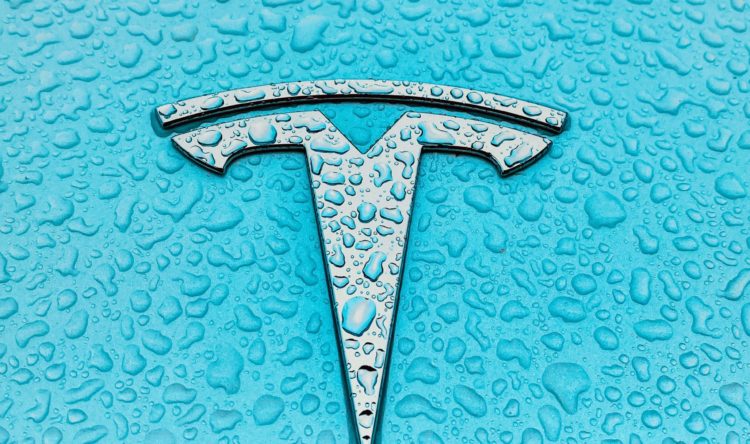UK’s carmakers face twin concerns of global upheaval and Brexit
Manufacturers face investment decisions amid transition to electric and self-drive vehicles
The British car industry faces a “pivotal moment” during the next few years of potential Brexit upheaval as manufacturers decide where to invest for the next generation of vehicle production.
Car manufacturers tend to invest in cycles of roughly seven years, meaning companies that started production of new models more than three years ago face imminent decisions on where to invest next.
Investment decisions in plants such as Vauxhall’s Ellesmere Port and Jaguar Land Rover’s Castle Bromwich are particularly finely balanced because the UK’s future relationship with the EU is still unclear, according to car experts.
The global car industry is bracing for a period of near unprecedented upheaval in the coming years, as the transition to electric and autonomous vehicles picks up pace. In the shorter term, the political backlash against diesel following emissions cheating scandals and weaker demand in China have also put many manufacturers on the back foot.
PSA, the French group which also owns Peugeot and Citroen, will make a decision on whether to produce its next generation at Ellesmere Port after Brexit, although the UK faces stiff competition from other European factories for the work.
A Brexit deal which imposes significant frictions on trade across the Channel in the longer term poses a particular risk to plants which are most tightly integrated in European supply chains. Nissan last week blamed its decision to make X-Trail vehicles in Japan rather than Sunderland on the diesel downturn, but added that Brexit uncertainty was not helping its planning. No existing jobs will be lost, but Nissan’s decision means 741 jobs will no longer be added at the plant.
Nissan will still build its Juke and Qashqai models in Sunderland, while its upgrade of the Leaf, the e+, is launching this year, pointing to a possible electric future for the British industry.
Richard Wilding, professor of supply chain strategy at Cranfield School of Management, said Britain will remain a major market, but carmakers carry out “above-market planning” when deciding where to invest, meaning the country’s easy access to the broader global supply chain is crucial.
“If I’m looking at global supply chains, [Brexit] is a local issue,” Wilding said. “In the great scheme of things it’s not a great issue.”
BMW has already chosen to move the production of some engines for its home German market away from its Hams Hall plant near Birmingham back to the EU. Meanwhile, the share of future investment in Jaguar Land Rover’s British plants remains unclear, after the company in June said it will shift production of its Discovery models to its new Slovakian factory.
Ford produces engines in the UK at its factories in Dagenham, east London, and Bridgend, south Wales. The US-owned company recently started laying off around 400 workers in Bridgend in an attempt to return the European business to profit, while a further fall in demand for diesel engines could leave Dagenham exposed.
Ineos, the chemicals company owned by the Brexit-backing billionaire Jim Ratcliffe, is also expected to announce within the next month whether it will build its completely new off-roader, Projekt Grenadier, in the UK or in mainland Europe
“It does feel like a pivotal moment,” said David Bailey, professor of industrial strategy at Aston Business School. He compared the challenge facing UK manufacturing operations to previous periods of structural change such as the 1970s, in which carmakers suffered significant downturns.
Other carmakers have a while longer until a decision on where to build new models is due.
Japan’s Honda completed its transition to the new Civic in the year ending March 2018, stopping production in Swindon of its CR-V sports utility vehicle.
Toyota only started production of its new Corolla last month, following an investment of £240m in the factory after receiving financial support from the government.
For the original news story from the Guardian, please visit them here.





